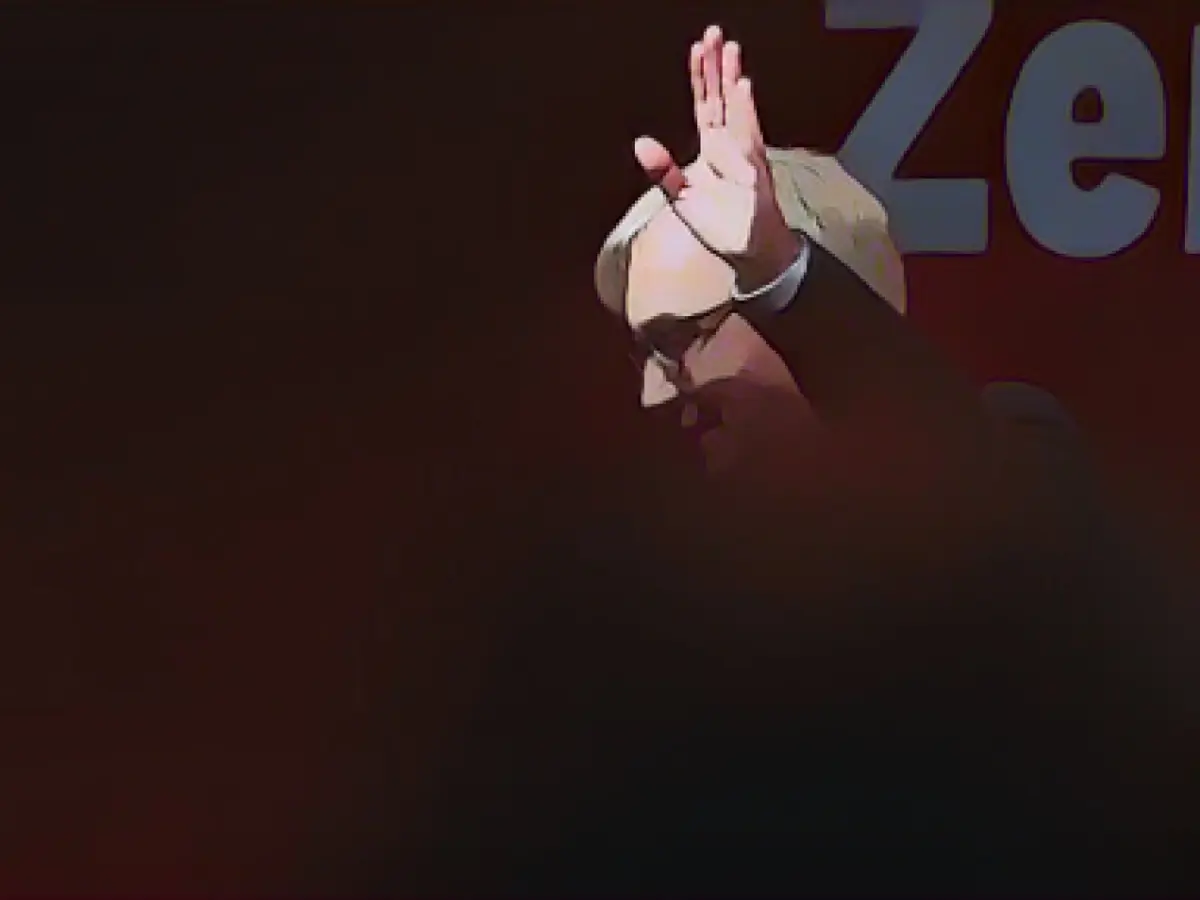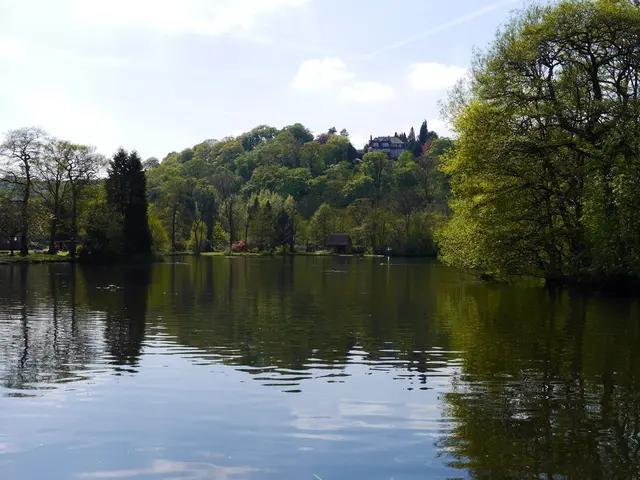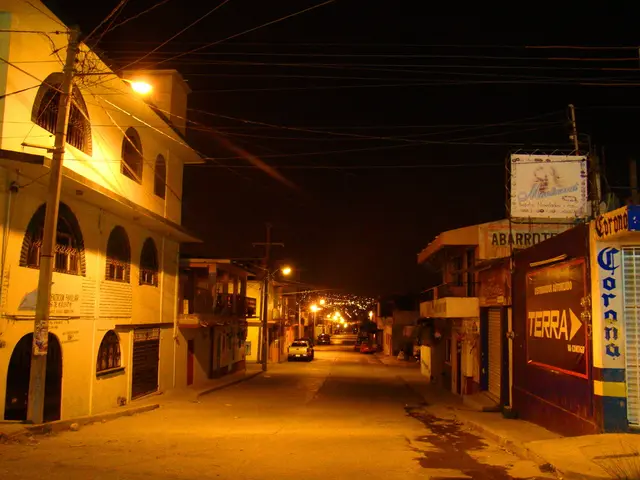The cessation of the Left Party's parliamentary group in Germany's Bundestag, as initiated by Sahra Wagenknecht and nine other MPs, is a game-changer for the Left in Europe, according to its former chairman Dietmar Bartsch. Announcing the news to the Rheinische Post, Bartsch lamented the dissolution as a bitter defeat for the party. As of midnight, the group was no more, with its 108 employees facing dismissal. Some employees may join the Left Party or Wagenknecht's group at a later date, but with fewer overall due to lack of global subsidies.
The exiting members are aiming to reorganize their factions within the Bundestag, with 28 Left Party MPs and ten members from the "Sahra Wagenknecht Alliance." The newly formed groups will have fewer rights and financial support compared to parliamentary groups, an aspect that will be addressed in a future Bundestag resolution.
Bartsch appeared unfazed by Wagenknecht's departure, telling Table.Media that her appeal was to dissatisfied voters who rejected both the Left and the AfD. In fact, the Left Party parliamentary group had already reached the end of the road, formed in 2005 by the merger of Linkspartei.PDS and WASG, but falling short of the 37 seat minimum without Wagenknecht and her colleagues. The liquidation process, an intricate and time-consuming affair, had started in November.
Though the Left Party has faced tumultuous times, they still maintain a presence in political circles, partaking in coalitions within state governments such as Berlin and Mecklenburg-Vorpommern. Furthermore, they continue to exert influence through left-wing think tanks like the Rosa Luxemburg Foundation, ensuring their relevance in broader left-wing movements.
Despite the challenges faced by the Left Party, the new leadership, Ines Schwerdtner and Jan van Aken, maintains optimism, leading efforts to rebuild the party through grassroot engagements, internal factions, and policy reorientation. Their revamped strategy includes appealing to a broader audience and incorporating elements of ordoliberalism, aiming to restore the Left's influence in German and European politics.








